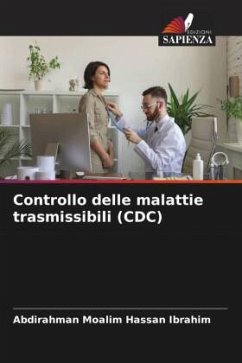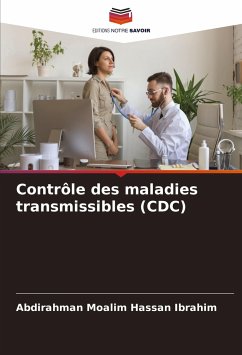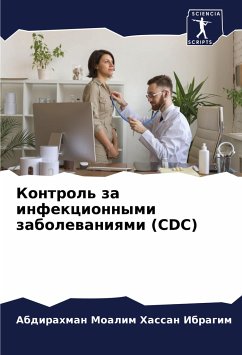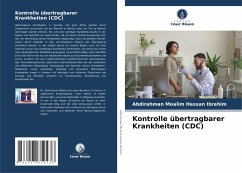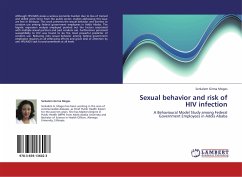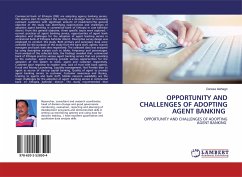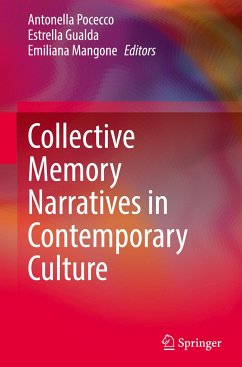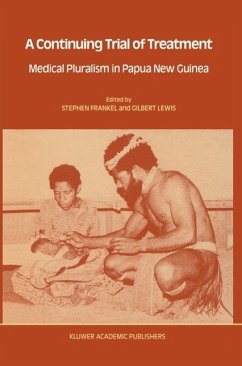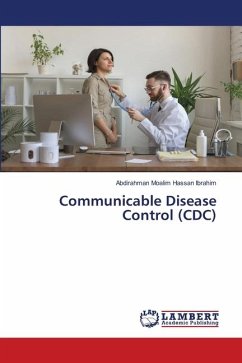
Communicable Disease Control (CDC)
Versandkostenfrei!
Versandfertig in 6-10 Tagen
60,99 €
inkl. MwSt.

PAYBACK Punkte
30 °P sammeln!
Communicable diseases in Somalia and Africa as a whole are caused by organisms that can be transmitted from person to person or from animals to humans. They are a significant cause of illness in the region, particularly affecting children due to their exposure to environments that facilitate the spread of these diseases. However, these diseases can be prevented through interventions at various stages of transmission.In recent years, our region has also faced the emergence of new and challenging diseases, disproportionately impacting the poor and marginalized populations. This not only leads to...
Communicable diseases in Somalia and Africa as a whole are caused by organisms that can be transmitted from person to person or from animals to humans. They are a significant cause of illness in the region, particularly affecting children due to their exposure to environments that facilitate the spread of these diseases. However, these diseases can be prevented through interventions at various stages of transmission.In recent years, our region has also faced the emergence of new and challenging diseases, disproportionately impacting the poor and marginalized populations. This not only leads to health issues and poverty at an individual level but also has broader socio-economic implications. Health workers play a crucial role in managing, preventing, and controlling these diseases effectively and efficiently. Bacterial, viral, protozoal, fungal, and parasitic communicable diseases contribute significantly to disease burden, disability, and mortality in low- and middle-income countries like Somalia and Ethiopia.






